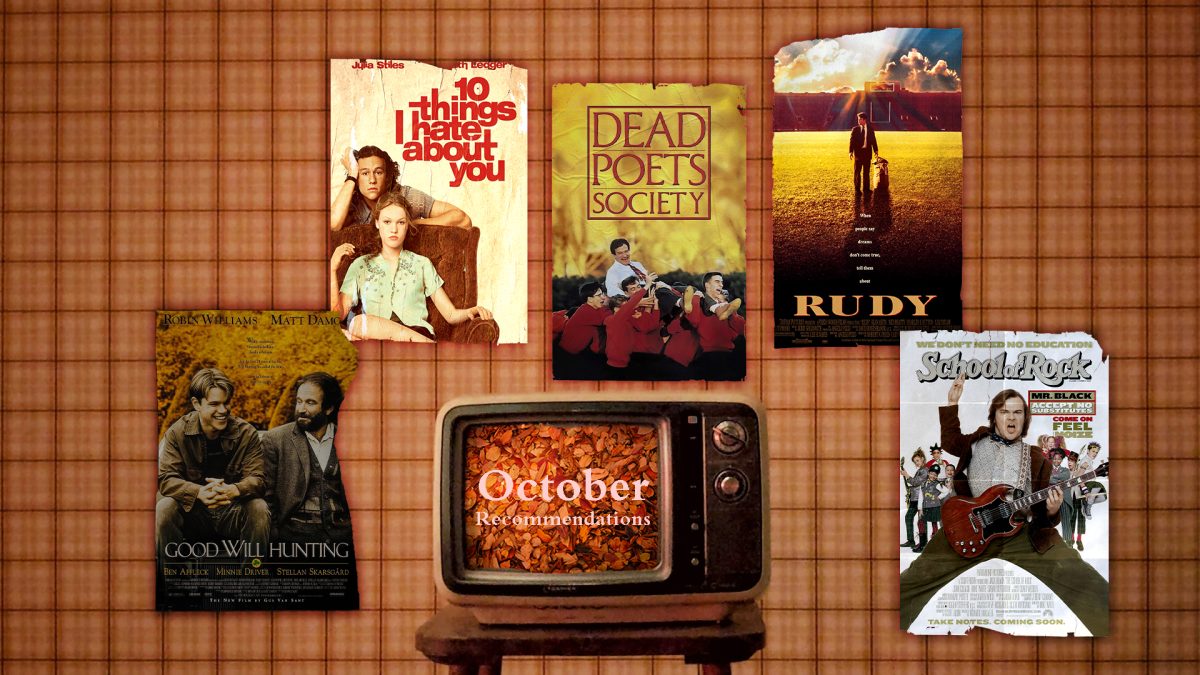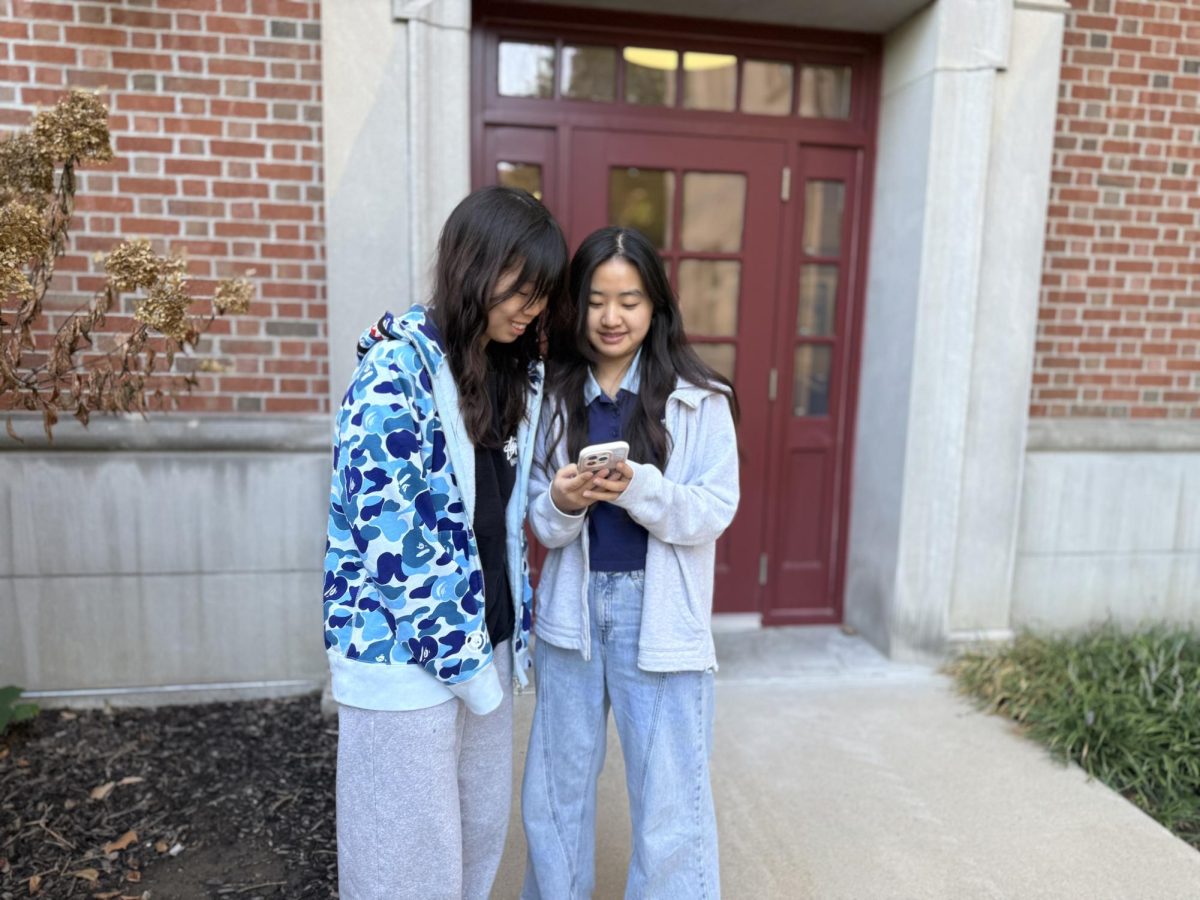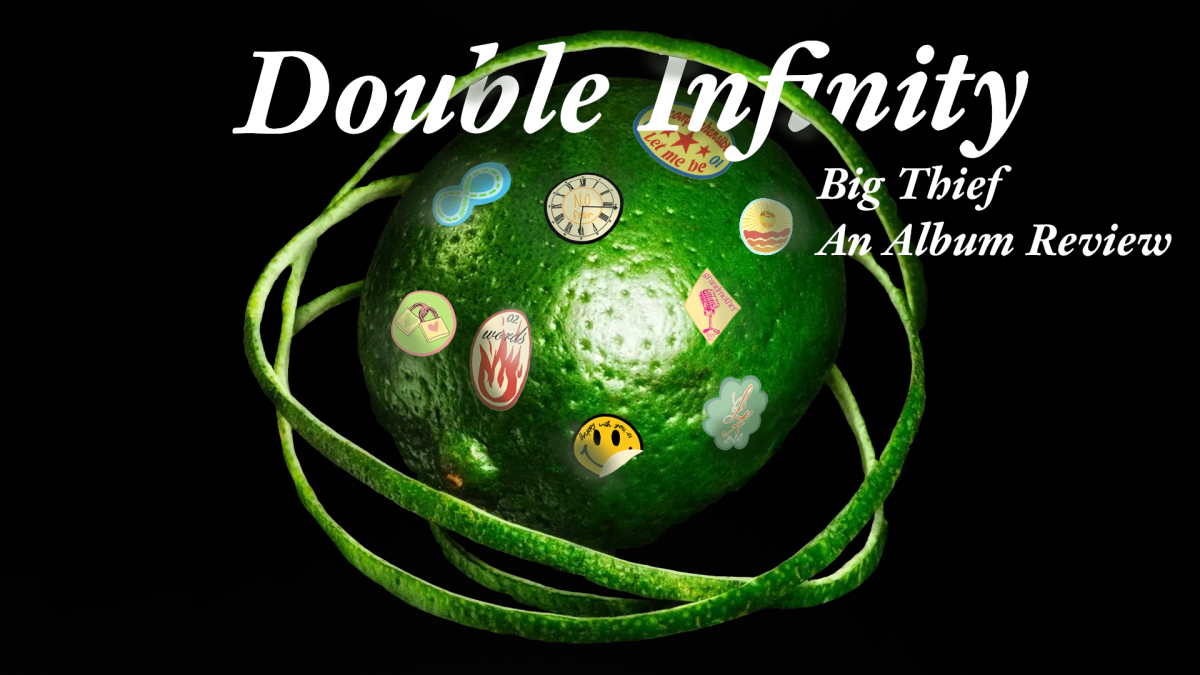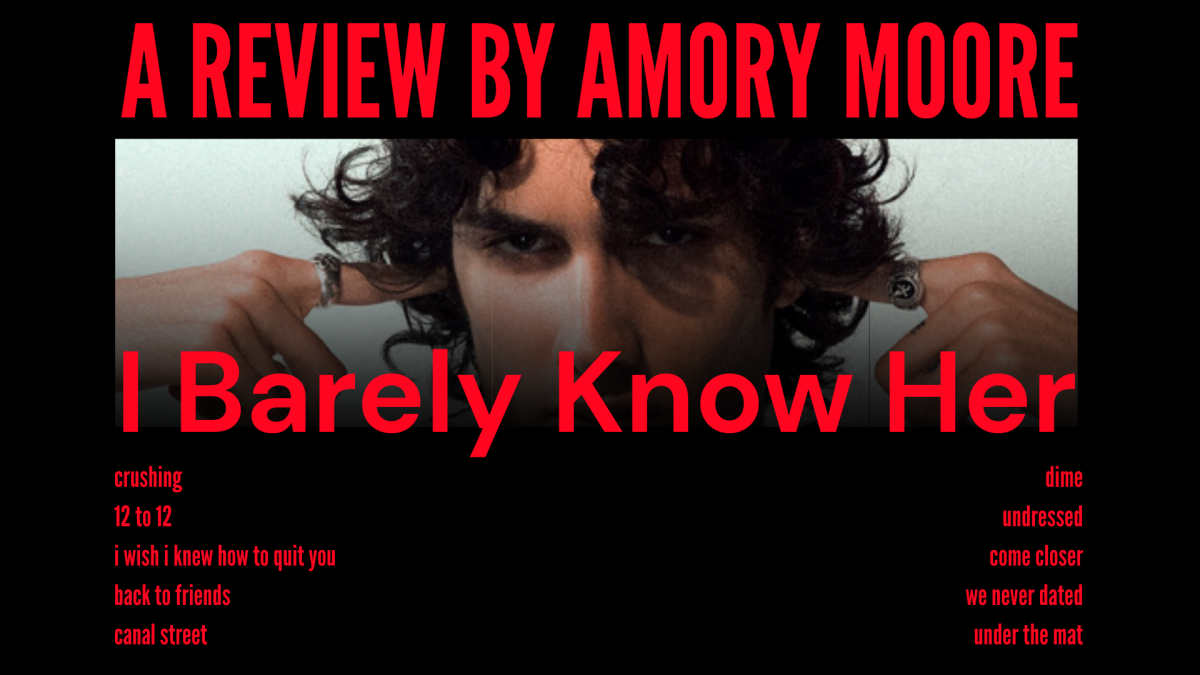‘Lost in Translation’ is a film that offers profound comfort to those experiencing loneliness, but ironically risks isolating entire demographics of the audience.
A middle-aged burnt out actor, a soul-searching newly wed and a first-year college student. There seems to be no obvious similarity between the three, but just like everyone else, they are all capable of feeling and being alone.
Sofia Coppola’s 2003 sophomore film “Lost in Translation” is arguably her most acclaimed project to date. The film was nominated for four Academy awards including Best Picture, Best Director, Best Actor and won Best Original Screenplay. Starring a young Scarlet Johansson, who plays Charlotte, alongside Bill Murray, playing Bob Harris, “Lost in Translation” quietly represents themes of loneliness and isolation through its intimate visuals.
The movie follows the perspective of Charlotte, a fresh philosophy graduate from Yale married to her photographer and workaholic husband John. Running parallel to Charlotte’s narrative is that of Bob Harris, a washed up actor with a monotonous life and a nihilistic world-view. Coincidentally, Charlotte and Bob find themselves staying at the same hotel in Tokyo, Japan.
The tone of the film is captured by shots of lone silhouettes that stare morosely out their windows towards a glittering neon city; they playfully plot in light-clouded hotel rooms and dark velvety bars, searching for some meaning during an empty day-trip to Kyoto. The dialogue is sparse, the eye contact is heavy and the loneliness is palpable.
However, “Lost in Translation” suggests more than a language barrier.. Charlotte and Bob are lost — in their marriages, their careers and in themselves. Tokyo serves as the surreal backdrop on their journey in search of their live’s meaning.
20 years later, I revisited “Lost in Translation,” to discover that it featured some of the most relevant themes for anyone going through the college experience, especially if one has just begun their journey.
As someone who is starting college for the first time, I found this movie to be incredibly comforting. My loneliness felt less isolated, and instead it began to feel shared. As if someone had held up a mirror to my heart and let the feelings reflect and reflect.
As Charlotte hung up pink paper flowers in her hotel room, I looked around at my own temporary decorations on my dorm wall; a painting of my dog, a note written by my mom and many pictures of moments with friends. I’m desperate for the confirmation of my existence from the space that mimics home. By tacking pieces of myself to my wall, I can somehow become permanent in this new environment.
I think of Bob Harris’s fruitless calls to his wife. His kids miss him, but won’t talk to him on the phone. His wife mails him paint chips for his office back in the states, and they discuss his options: red, red or red.
You begin to question: what is home? Is it the space you make or the people you love? In college the clock is running quietly in the background. The buffer between childhood and adulthood slowly disintegrates, finally giving out once you’ve gotten that degree. As the film progresses we see Charlotte struggle more and more with this haunting realization. And so the inner child becomes displaced, looking for a replicable home from the one they left so long ago.
There’s a secrecy that surrounds our vulnerability. It prevents us from getting too close. It keeps us complacent and alone, safe with our assumptions. I am grateful that it was easy for me to relate to Coppola’s film, but the affirmation I so easily received cannot be said for all demographics. “Lost in Translation” is just as controversial as it is acclaimed.
The portrayal of Japanese people and culture is an aspect of the film worth criticizing. In many instances, Japanese people are the punchline of the joke. Bob Harris makes frequent digs on “L”s switching into “R”s when a Japanese character speaks in English, and many of the same characters are caricatured during interactions.
Using the setting as a conduit for larger themes is a great method for storytelling, however one must be sensitive to the culture that occupies that setting. It is ironic of Coppola to make a movie about loneliness and isolation that proceeds to isolate the audience themselves.
Unfortunately, I don’t know what the moral or ethical obligations of a filmmaker should constitute, and I’m not that interested in defining them. However, what I do know is that inclusion matters. The comfort that I felt from “Lost in Translation,” though perhaps unintentional, was made to be exclusive.
It isn’t necessary that stories represent the entirety of humanity, but it is necessary that anyone can empathize. Towards the end of the movie, Charlotte asks Bob, “Does it get easier,” and Bob responds, “No. Yes. It gets easier.” It does, it gets easier after we are patient with each other, vulnerable, kind, and with time. It gets easier if we simply talk to one another.
Ben and Charlotte’s friendship gives an inspiring shape to loneliness. It helped me understand there is value to be found in solitude, but there is a greater meaning and thus appreciation for life to be found in the relationships with others. In the loneliness and uncertainty of college it is this movie that comforted me; it is the same movie that can comfort you. Connection is out there, no matter how lost you may be.
Edited by Alex Goldstein | [email protected]
Copy Edited by Hannah Taylor and Sterling Sewell | [email protected]


















